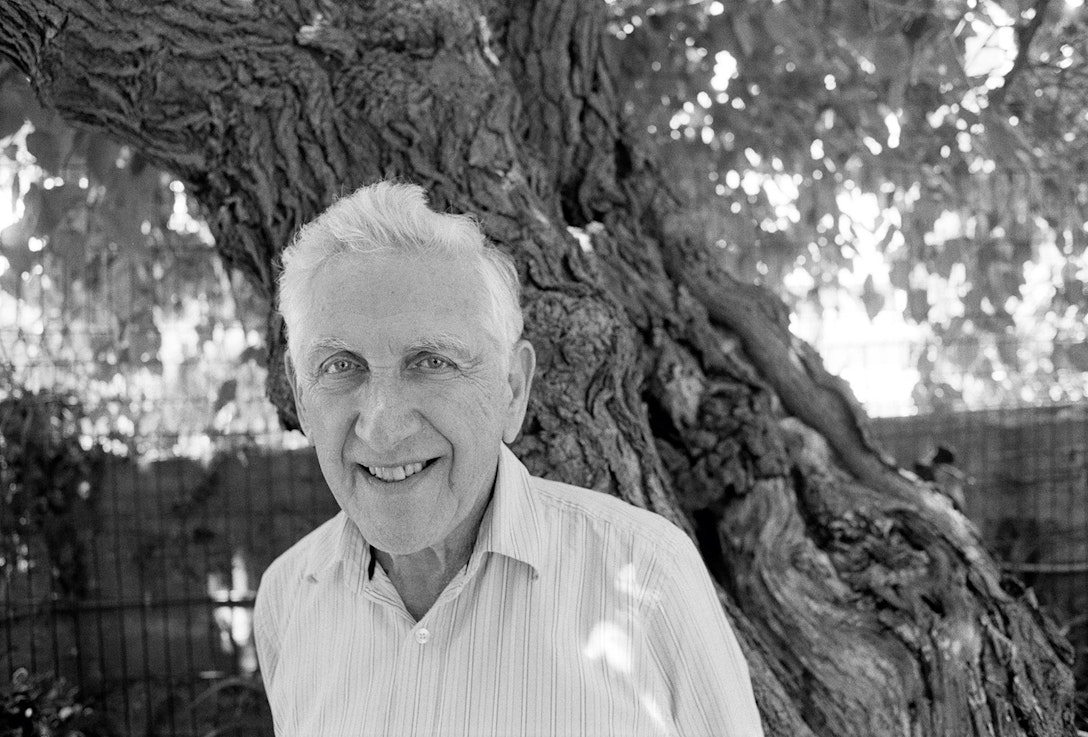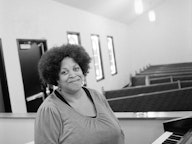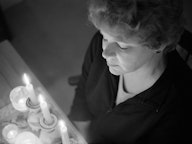
Rabbi Pesach Schindler, Ph.D.
Jerusalem, Israel
LEAVING HER CHILDREN BEHIND
Kristallnacht put a fear into whatever Jews were still there. My mother panicked, of course, and went to the American consulate in Stuttgart. The official looked through the papers and said, ‘Frau Schindler, you can have a visa immediately...but the two children, I’m afraid, we cannot give them entry visas because they don’t have any citizenship.’
‘What do you mean by that?’ she asked.
‘Well, Jewish children born in Germany after World War II are stateless—they have no citizenship and, therefore, we don’t have a visa for them. What we suggest is that you leave. Get your visa out immediately. As soon as you arrive in United States’ territorial waters, send us a telegram. And there we have a clause that when both parents are in the United States, legally we can reunite the family and send them out.’
My mother made the decision to go. She put us in a Jewish orphanage. There were 140 Jewish children with similar stories, and all but four were murdered by the Nazis.
Daniel’s Reflection
Dr. Pesach Schindler was one of my favorite professors the year I studied at The Hebrew University of Jerusalem (1982-83). Through him, my fellow students and I got to “taste” Talmud— the Jewish legal text of Biblical commentaries and commentaries on commentaries!
Thirty years later, I was moved to know—at a life experience level—the professor I respected so much. Pesach Schindler’s life was saved when his mother agreed to leave him and his brother behind in Nazi Germany. Those who did not choose this option faced the only alternative: death in the concentration camps. Tragically, all but four of the 140 children in the Jewish orphanage in which he was temporarily placed were murdered by the Nazis. A series of tips and escapes enabled Dr. Schindler and his brother to make it to America.
What was most moving about my interview with Dr. Schindler was actually not the story of how he survived the Holocaust. One query I ask is: “Tell me about a time you doubted your faith.” Pesach shared with me the story of losing a daughter in her 40s to breast cancer who left behind a husband and young children. I could tell that the sadness was still so deeply within him. It had pushed him up against the wall of belief and disbelief.
Pesach Schindler was profoundly grateful for every day and, yet, was not afraid to question God and His Divine plan.
Explore the portraits by theme
- happiness
- grief
- addiction
- sexuality
- sobriety
- transgender
- alcoholism
- suicide
- homelessness
- death
- aggression
- cancer
- health
- discipline
- abortion
- homosexuality
- recovery
- connection
- enlightenment
- indigenous
- depression
- meditation
- therapy
- anger
- forgiveness
- Doubt
- interfaith
- worship
- salvation
- healing
- luminaries

